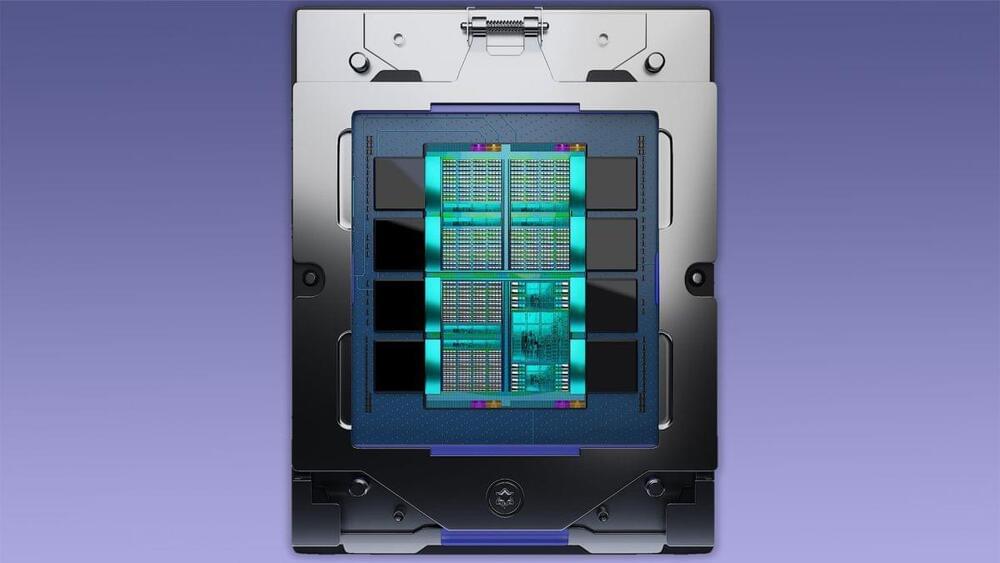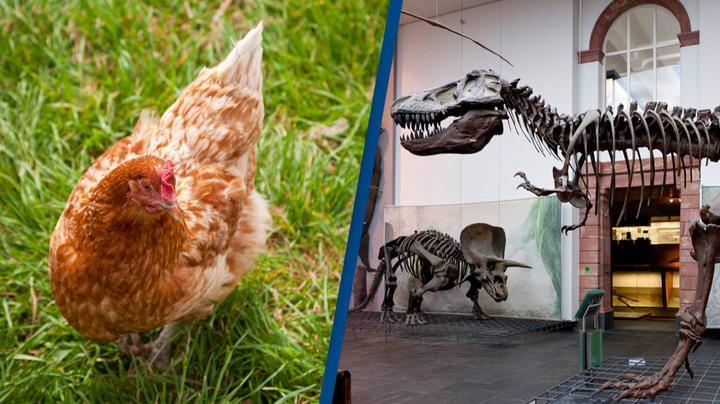My first computer had a CPU with 3,510 transistors. We now live in a world where you can get chips with over a trillion transistors.
“This a data centre accelerator that contains 146 billion transistors.”
I checked and the article didn’t include the transistors that made up the L4 cache memory on the chip. The actual total is 1.25 trillion transistors plus another 1.1 trillion capacitors.
This chip is coming out later this year and I expect to see it used in large quantities in supercomputers and in the server market in general.
Quite impressive!
By the way, the record for transistors on a chip is 2.6 trillion with the latest Cerebras chip and that chip is two years old and doesn’t even use any chiplets, so is just one giant chip. (Compared to the MI300 composed of 41 chiplets!)






